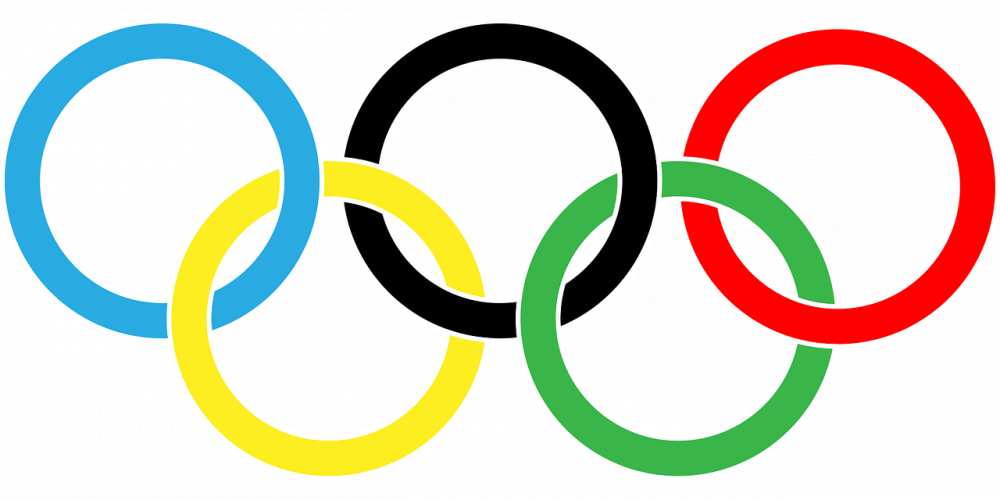Champions League Final: The Epitome of Club Football Excellence

Champions League Final: A Grand Spectacle of Club Football
Introduction:

The Champions League Final is the pinnacle of European club football, showcasing the best teams from across the continent battling it out for ultimate glory. This prestigious tournament captures the imagination of every football fan and captures the attention of millions worldwide. In this comprehensive article, we will delve into the various aspects of the Champions League Final, providing an in-depth analysis of its significance, popularity, and historical significance.
Understanding the Champions League Final
Overview:
The Champions League Final is the culminating match of the UEFA Champions League, the premier club football competition in Europe. First introduced in the 1955-1956 season, the tournament initially featured only knockout stages, gradually expanding into the group stage format in the early 1990s. The top teams from national leagues participate in the Champions League, battling it out to reach the final and become the champions of Europe.
Types and Popularity:
The Champions League Final consists of two teams, one representing each of the finalists who have emerged victorious from the earlier knockout and group stages. The popularity of the competition lies in the thrill and unpredictability it offers, as the best teams from different leagues face off against each other. Notable teams such as Real Madrid, Barcelona, Liverpool, and Bayern Munich have historically dominated the final stages, further enhancing the prestige of the Champions League Final.
Quantitative Measurements of the Champions League Final
Viewership and Revenue:
The Champions League Final consistently attracts a massive global audience, making it one of the most-watched sporting events in the world. In 2020, the final between Paris Saint-Germain and Bayern Munich drew in over 350 million viewers. This staggering viewership translates into significant revenue, with broadcasting rights, sponsorships, and ticket sales generating millions of dollars for UEFA and participating clubs.
Social Media and Digital Reac
The digital era has amplified the reach of the Champions League Final, allowing fans worldwide to engage with the event through various platforms. The final generates tremendous buzz on social media, with hashtags and trending topics dominating conversations. Furthermore, engaging content such as interviews, match highlights, and behind-the-scenes footage contribute to the digital presence of the Champions League Final.
The Unique Aspects of Different Champions League Finals
Playing Styles and Tactics:
Each Champions League Final presents a distinct style of play, as clubs from diverse footballing cultures clash. Spanish teams like Barcelona emphasize possession and intricate passing, while English clubs often prioritize direct attacking football. Italian sides are renowned for their defensive solidity, while German teams exhibit a robust, high-pressing style. This diversity in gameplay adds to the intrigue and excitement of the final.
Stage and Atmosphere:
The venue of the final also plays a significant role in shaping the nature of the event. Hosting the final in iconic stadiums such as Wembley, Camp Nou, or Allianz Arena creates a sense of grandeur and history. The atmosphere generated by passionate fans creates an electrifying ambiance, adding to the spectacle of the Champions League Final. The passion and dedication of supporters from different clubs contribute to the distinctive atmosphere each final possesses.
A Historical Analysis of the Pros and Cons of Champions League Finals
Advantages:
The Champions League Final offers several advantages, both on and off the pitch. On-field, it showcases the highest level of footballing excellence, where the best players compete against each other to etch their names in history. The final often produces thrilling matches, memorable goals, and unforgettable moments that will be talked about for years. Off the pitch, the final provides a platform for clubs to enhance their global brand and attract top talent.
Disadvantages:
Despite its grandeur, the Champions League Final also faces some criticism. The dominance of elite clubs from powerhouse leagues raises concerns about competitiveness, as smaller clubs struggle to make a significant impact. Additionally, the financial disparities between clubs can limit the playing field, potentially leading to predictable outcomes. Moreover, the immense pressure and high stakes can sometimes result in cautious, defensive football rather than expansive, attacking play.
Conclusion:
The Champions League Final represents the ultimate culmination of club football. Its significance, popularity, and historical impact are unparalleled in the world of football. Through its allure and global reach, the final captivates audiences worldwide, providing moments of brilliance and creating lasting memories. The Champions League Final symbolizes the epitome of club football excellence, perpetuating its position as the most prestigious and exciting club competition in the world.
As always, the final remains a spectacle to be cherished, awaited with bated breath by football fans across the globe.





















